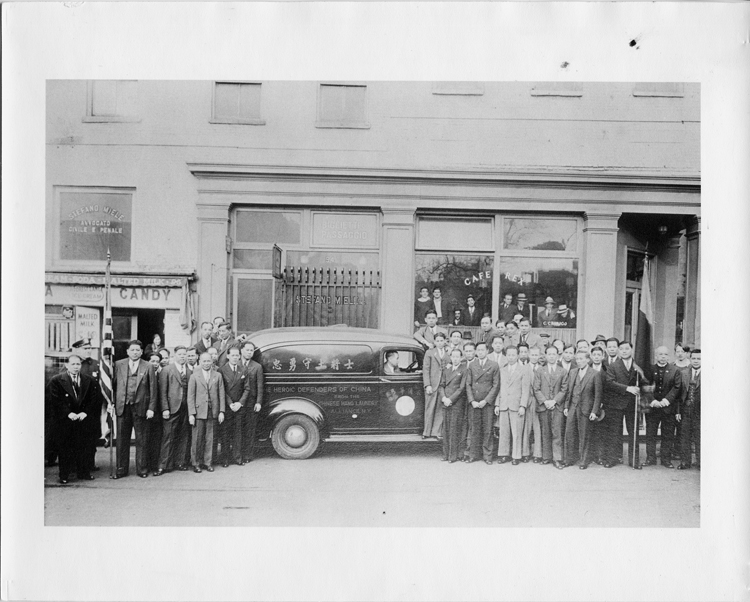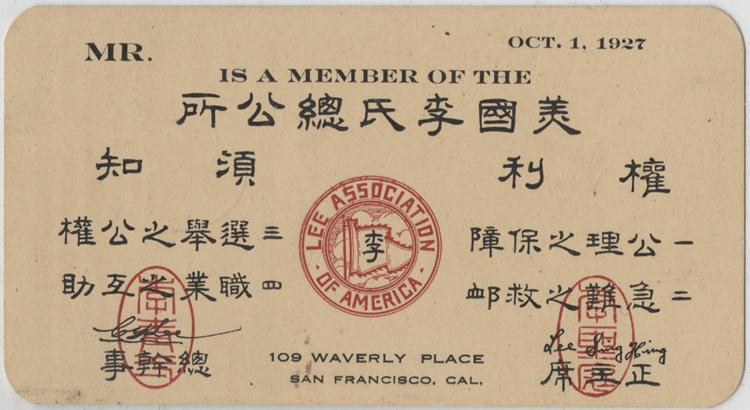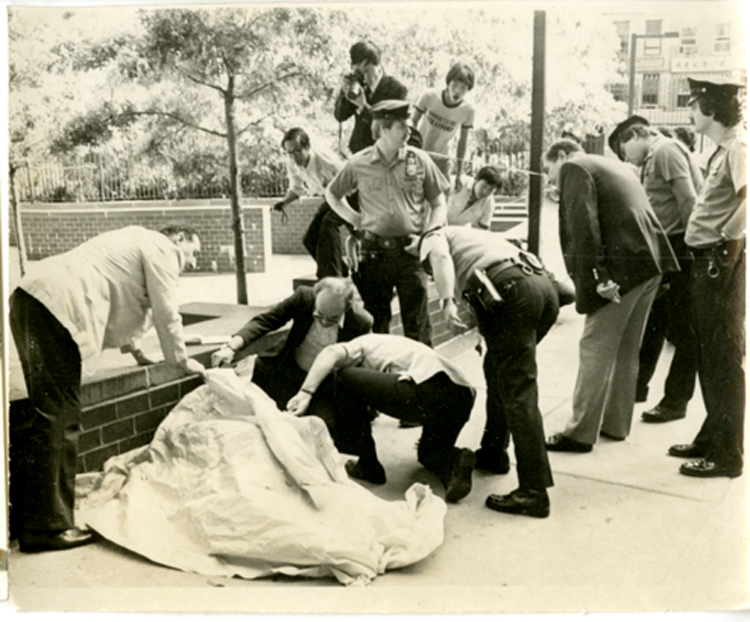Collections馆藏Collections馆藏Collections馆藏Collections馆藏Collections馆藏Collections馆藏Collections馆藏Collections馆藏Collections馆藏Collections馆藏Collections馆藏Collections馆藏Collections馆藏Collections馆藏Collections馆藏Collections馆藏Collections馆藏Collections馆藏Collections馆藏Collections馆藏Collections馆藏Collections馆藏Collections馆藏Collections馆藏Collections馆藏Collections馆藏Collections馆藏Collections馆藏Collections馆藏Collections馆藏Collections馆藏Collections馆藏Collections馆藏Collections馆藏Collections馆藏Collections馆藏Collections馆藏Collections馆藏Collections馆藏Collections馆藏Collections馆藏Collections馆藏Collections馆藏Collections馆藏Collections馆藏Collections馆藏Collections馆藏Collections馆藏Collections馆藏Collections馆藏Collections馆藏Collections馆藏Collections馆藏Collections馆藏Collections馆藏Collections馆藏Collections馆藏Collections馆藏Collections馆藏Collections馆藏Collections馆藏Collections馆藏Collections馆藏Collections馆藏

05 September 2019 Posted.
Chinese Hand Laundry Alliance in front of an ambulance being donated to China, 1939, Museum of Chinese in America (MOCA) Collection.
1939年,纽约华侨衣馆联合会在他们捐赠给中国的救护车前合影,美国华人博物馆(MOCA)馆藏
纽约华侨衣馆联合会(Chinese Hand Laundry Alliance,简称CHLA)成立于1933年,旨在保护居住在美国的中国移民的公民权利,这些人最初大多是洗衣工人。由于1882年《排华法案》的限制,移民到美国的中国男性几乎找不到工作。在该法案实施的最初几十年里,四分之一的中国人在洗衣店工作。在大萧条时期开始时,在纽约市在运营的华人洗衣店超过3500家。
中国洗衣工工作时间很长,他们每周工作七天,浸泡、搓洗和用8磅重的铁熨斗熨烫衣服,全部手工完成,却仅能获得微薄的工资。整个洗衣行业都变得与中国人相关,而这种相关性的结果是反华歧视。纽约市政委员会(New York City Board of Aldermen)通过了一项法律,他们试图关停所有的华人洗衣店来为那些白人洗衣工人提供支持,当时白人洗衣工人对他们的竞争对手——中国洗衣店出价更低而感到愤怒。这项法律要求所有市内洗衣店都必须由美国公民经营,以及缴纳1000美元的担保金。CHLA成立了,他们设法使中国人豁免于这条公民身份规定,并将保险金降低至100美元。
在爱国主义的推动下,CHLA在第二次世界大战期间为中国抗击日本帝国主义的战争做出了积极贡献。CHLA筹集了超过5000银元来支持中国军队,还筹集了更多的资金专门用于医疗用品。这张照片拍摄于1938年,CHLA的成员自豪地站在一辆即将送往中国的救护车旁。救护车上印着“忠勇守土将士(The Heroic Defenders of China),来自纽约华侨衣馆联合会(From the Chinese Hand Laundry Alliance, NY)”的字样。


